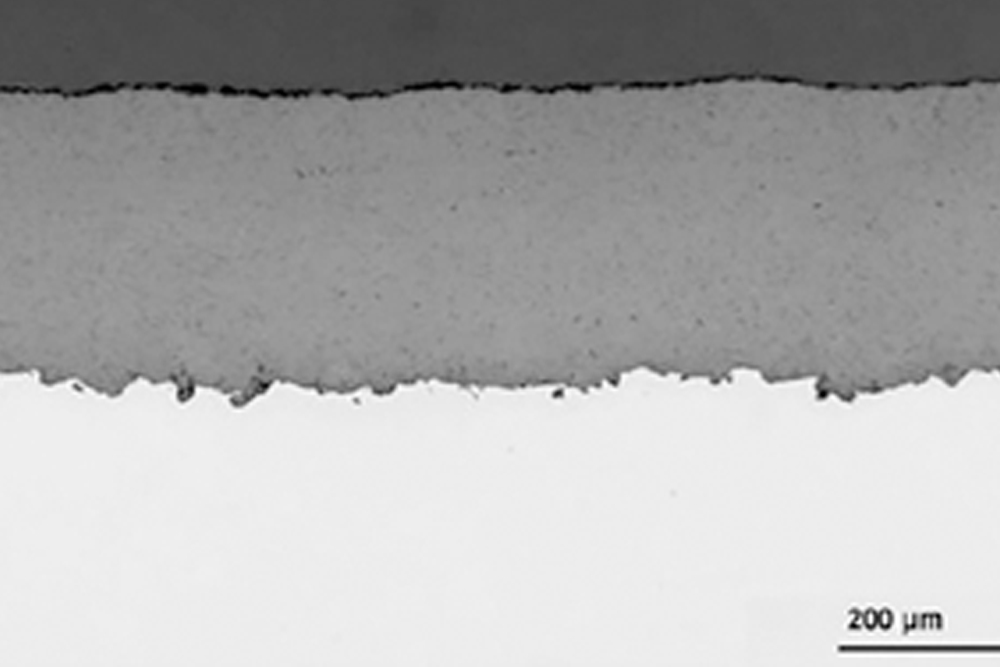Quick introduction: Mining and Offshore
Ceramic coatings can significantly improve the surface resistance and quality of machine components in terms of wear protection, non-stick properties or insulation behavior. In particular, thermal coating processes based on ceramic or metallic powders have so far been used. Although the powder particles used are fine and the layers thin, these surfaces have a high roughness. In order to achieve a specific surface quality, the coated components therefore often have to be elaborately reworked or sealed. To avoid this, the Fraunhofer Institutes IKTS and IWS have further developed a thermal coating process: Instead of the powder, a suspension is sprayed which contains significantly finer particles than the usual spray powders. In this way, thin (< 100 μm) and dense layers with very smooth surfaces can be produced and additional raw materials can be saved.
The coating properties are determined on the one hand by the process parameters during thermal spraying and on the other hand by the suspension properties. Materials with homogeneous particle size distributions and high purity are particularly suitable for the production of suspensions. The suspension properties can be individually adjusted and optimized for each application using electroacoustic, rheological and sedimentation measurement technology with regard to solids content, particle size distribution and viscosity. In addition to ceramic materials such as chromium oxide, aluminium oxide or zirconium oxide, hard metals can also be thermally sprayed without defects for the first time. In addition, the technology allows graded coating systems, with which, for example, thermal and mechanical properties can be combined.
